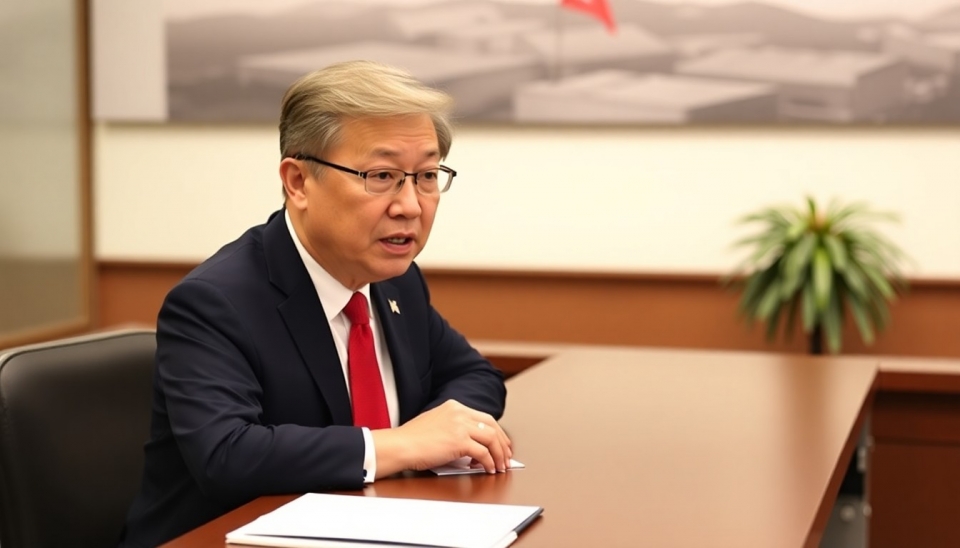
In a recent statement, Taiwan's Minister of Foreign Affairs, Joseph Wu, addressed the implications of former President Donald Trump's single term on Taiwan's international standing and relations with the United States. Wu emphasized that although Trump’s presidency was marked by significant changes in the U.S.'s approach to Taiwan, the long-term effects are somewhat limited due to the ephemeral nature of a single presidential term.
Wu highlighted that some of the policies initiated during Trump's tenure, such as the increased arms sales to Taiwan and a stronger endorsement of Taipei's global presence, have contributed to bolstering Taiwan's defense capabilities. However, he pointed out that policies can shift quickly with the changing political landscape in the U.S., particularly with the upcoming 2024 presidential elections that could alter the trajectory of U.S.-Taiwan relations dramatically.
The minister acknowledged that while Trump established a new dialogue and a stronger bond between Taiwan and the U.S., the actual impact of his policies would depend on subsequent administrations. With the U.S. being a democratic nation, it often undergoes significant policy shifts based on the prevailing political climate and the elected leaders' priorities. Thus, Wu views the current geopolitical dynamics as fluid.
Wu also noted that the global strategic environment surrounding Taiwan has been evolving. Taiwan remains vigilant of its sovereignty amid increasing pressure from China, which has been expanding its military presence in the region. The rising tensions have only heightened the Taiwan government's resolve to strengthen ties with the U.S. and other allies, ensuring that the island's security and independence are prioritized, regardless of who holds the presidency in Washington.
Furthermore, Minister Wu stressed the importance of bipartisan support in the U.S. Congress for Taiwan. He mentioned that there is broad consensus across various political factions regarding the need to support Taiwan, especially in the face of increasing assertiveness from China. This bipartisan approach can provide stability and continuity in U.S.-Taiwan relations, which would be crucial for Taiwan's ongoing strategy to foster a robust presence on the global stage.
As Taiwan looks to the future, keeping a keen eye on U.S. domestic politics remains crucial. The minister concluded that regardless of the leadership changes, Taiwan will continue to bolster its defenses and seek stronger international alliances to safeguard its democratic values and territorial integrity.
In reflection, Wu's commentary provided a clear understanding of the delicate balance Taiwan must maintain amid global political flux, emphasizing their resilience and adaptability in face of challenges.
Overall, it appears Taiwan is preparing for both continuity and change in its diplomatic efforts, cautiously optimistic about the future while remaining grounded in the realities of international relations.
#Taiwan #Trump #USRelations #ForeignPolicy #TaiwanDefense #China #Geopolitics #Bipartisanship
Author: Liam Carter




